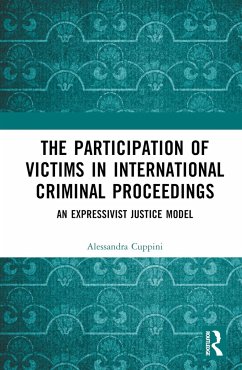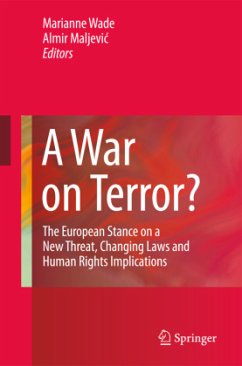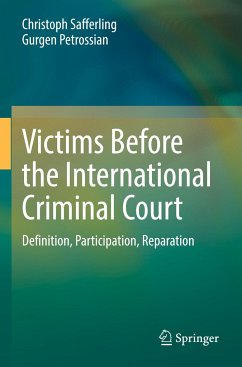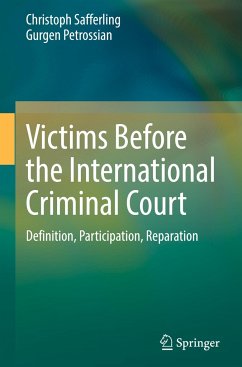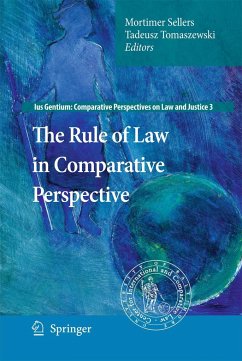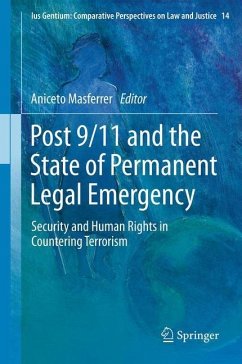
Assisting Victims of Terrorism
Towards a European Standard of Justice
Herausgegeben: Letschert, Rianne; Staiger, Ines; Pemberton, Antony

PAYBACK Punkte
57 °P sammeln!
This book is a thorough analysis of the specific needs of victims of terrorism (using both legal and psycho-social studies), compared to victims of other forms of crime. The study combines different disciplines, enabling synergy in the analysis of these victims' needs.
The fight against terrorism is receiving increased awareness due to recent wor- wide large-scale terrorist acts, and only since then has some attention been directed specifically to victims of terrorism. Existing legal instruments of international b- ies like the European Union, the Council of Europe and the United Nations c- cerning victims of terrorism are relatively abstract or include victims of terrorism under the broader heading of victims of crime in general. In addition, policies and legislation relating to victims of crime or victims of terrorism vary widely on the domestic level. Against this background, the European Union commissioned a project that should aim to develop more extensive standards for the aid and ass- tance of victims of terrorism at the European level. This study provides the basis from which more extensive standards could be derived. The study focuses parti- larly on developing standards in the field of continuing assistance, access to justice, administration of justice and compensation to victims of terrorism. A novel feature of the approach is that also the possible utility of restorative justice approaches is examined. An important question to address was whether there is a real need to adopt s- cific standards for victims of terrorism, thereby implying that their needs might differ from victims of ordinary crime.






